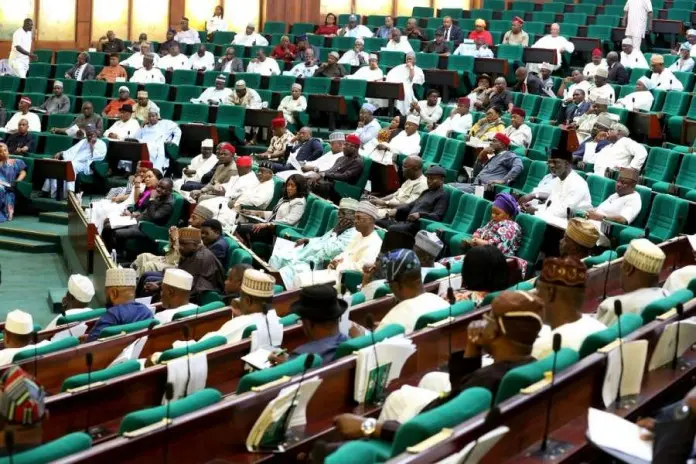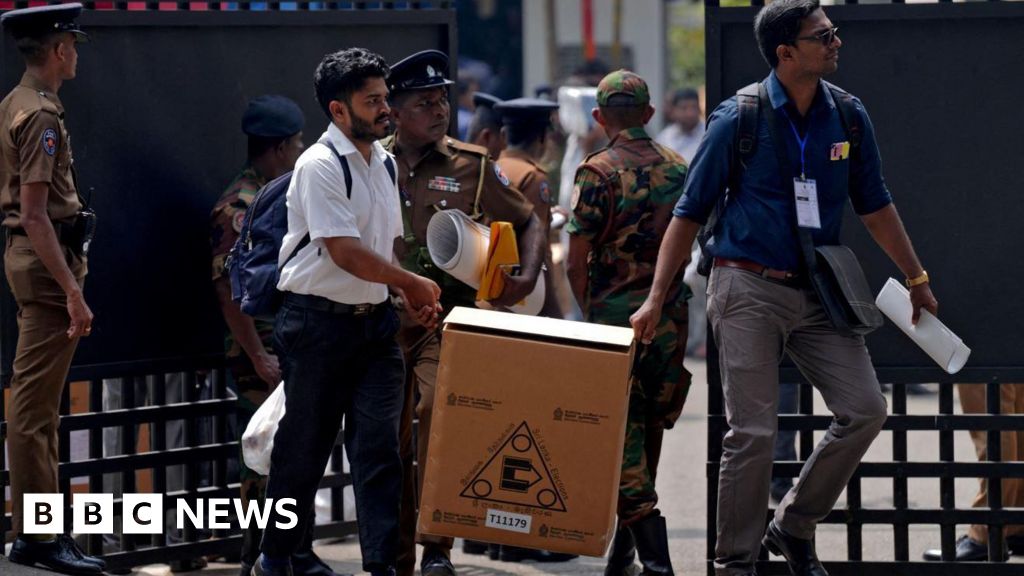The recent emergence of the Lakurawa terror group lays bare an obvious weakness in Nigeria’s intelligence system. Years of confronting the Boko Haram insurgency should have taught the Nigerian government a lesson on the need to take preemptive security measures. Had there been early, proactive action to prevent the insurgent group from forming, the devastation caused by Boko Haram might have been significantly reduced, sparing countless lives and preserving property from destruction.
It is alarming, therefore, that after over a decade of grappling with Boko Haram, with no end to the war in sight, another deadly group is beginning to take root, this time in the Northwest states of Sokoto and Kebbi. The emergence of Lakurawa is not just a local problem. Unless properly handled, it will become another potential security crisis that could extend to other states in the region.
Brewing Security Threat
The brutal killing of 15 individuals in Kebbi State by Lakurawa signals a potent new threat, spreading like wildfire across Sokoto and Kebbi States. The group first caught public attention when Sokoto’s Deputy Governor, Idris Mohammed, raised the alarm last month while addressing National Defence College Course 33 participants. He warned of an organized, faith-driven armed group entrenched within the region. Yet, beyond merely existing, Lakurawa has already rooted itself in communities along the Nigeria-Niger border, using these areas as fertile grounds for expansion.
It is distressing to learn that the group has been carefully recruiting young, able-bodied men, particularly targeting the large population of idle youths in the area. Lakurawa appears to be following a familiar playbook: amassing followers, consolidating influence, and claiming legitimacy by enforcing a radical interpretation of Sharia law, often through intimidation. This raises questions: At what point did authorities become aware of the group’s existence, and what steps, if any, have been taken to annihilate it?
Operating Unhindered for Years
Residents claimed that Lakurawa has been existing in Sokoto since around 2010, establishing bases in communities at Gudu and Tangaza local government areas and other places near the Nigeria-Niger Republic border.
Perhaps most alarming, residents allege that the group was invited from Niger Republic and Mali by traditional rulers seeking protection against bandits. If true, this would exemplify the dangerous precedent of communities taking security matters into their own hands because of the government’s failure. In this case, the communities invited extremists who later turned on them.
But one thing is certain. Lakurawa’s longstanding presence underscores the failure of intelligence and surveillance. In an environment already strained by banditry, poverty, and economic instability, this new threat could further destabilize the fragile peace in the region with far-reaching implications. The Lakurawa group, with its radical ideology and apparent indifference to local governance, is a looming threat of incalculable magnitude.
Factors Fueling Insecurity
The north’s chronic poverty and lack of infrastructure only heighten the allure of joining a group like Lakurawa for many pauperized residents. For instance, what makes Tangaza and Gudu local government areas an easy location for the group? Data from the 2022 Nigeria Multidimensional Poverty Index shows that Tangaza and Gudu are among the poorest areas in Sokoto, with extreme poverty rates of 92.5% and 57.5%, respectively. They are also the least educationally developed localities, with an annual increase of about 58% in out-of-school children. The Lakurawa group is tapping into these conditions to fuel its recruitment, capitalising on high unemployment, poverty, low educational attainment, and limited access to healthcare.
Nigeria’s porous borders further complicate matters, creating large expanses of unmonitored spaces that provide fertile grounds for different criminal groups. The Lakurawa group isn’t the first to exploit these gaps, and without a concerted effort to address border security, it won’t certainly be the last.
A Failing Intelligence Network?
There is no contesting the fact that Lakurawa’s long-standing presence without decisive intervention raises a troubling question about whether Nigeria’s intelligence infrastructure is so weak that a group like this can operate with near impunity.
It is a given that the Department of State Services has representatives in each of Nigeria’s 774 local government areas, and the Nigeria Police Force maintains at least one division per local government area. Furthermore, each state holds a security council meeting where members regularly assess and address security threats. How, then, was it possible for Lakurawa to establish such deep roots for this long?
The failure to address Lakurawa’s rise speaks to either a weak intelligence network or a failure to act on the intelligence gathered—it could be both. It also highlights a deeper issue—the seeming lack of cooperation among security agencies responsible for intelligence gathering and sharing. What intelligence has been gathered? What actions have been taken?
Lakurawa’s growth is a symptom of the social and economic inanities that have plagued the north for years. Despite abundant resources, the region suffers from endemic poverty, high rates of illiteracy, and a large population of young people with limited prospects. The north’s social fabric is tattered, creating a fertile recruitment ground for extremist groups that promise purpose and identity to the pauperised and disenchanted masses. Although it is not a justification, poverty, exacerbated by ineffective policies in the midst of poor governance, makes it easy for groups like Lakurawa to find willing recruits and informants among the population.
A Wake-Up Call
Governors of the seven Northwest states must immediately strengthen cooperation to counter the region’s growing security threats. If a cooperative framework is already in place, it is time to double down on those efforts. The stakes are too high, and recent history has shown that groups like Boko Haram can spiral out of control if allowed to fester.
The Lakurawa menace must be treated with the utmost seriousness. There is no room for complacency or delay. The Nigerian government must do all it takes to neutralize this threat before it grows beyond control. Our experience with Boko Haram shows that extremist groups thrive in the absence of a strong, coordinated response. It is time to act decisively and swiftly. But one thing is certain: the rise of Lakurawa is a stark reminder of the deficiencies in our intelligence apparatus. This reality should deeply concern those responsible for the nation’s security.

 11 hours ago
1
11 hours ago
1















 English (US) ·
English (US) ·